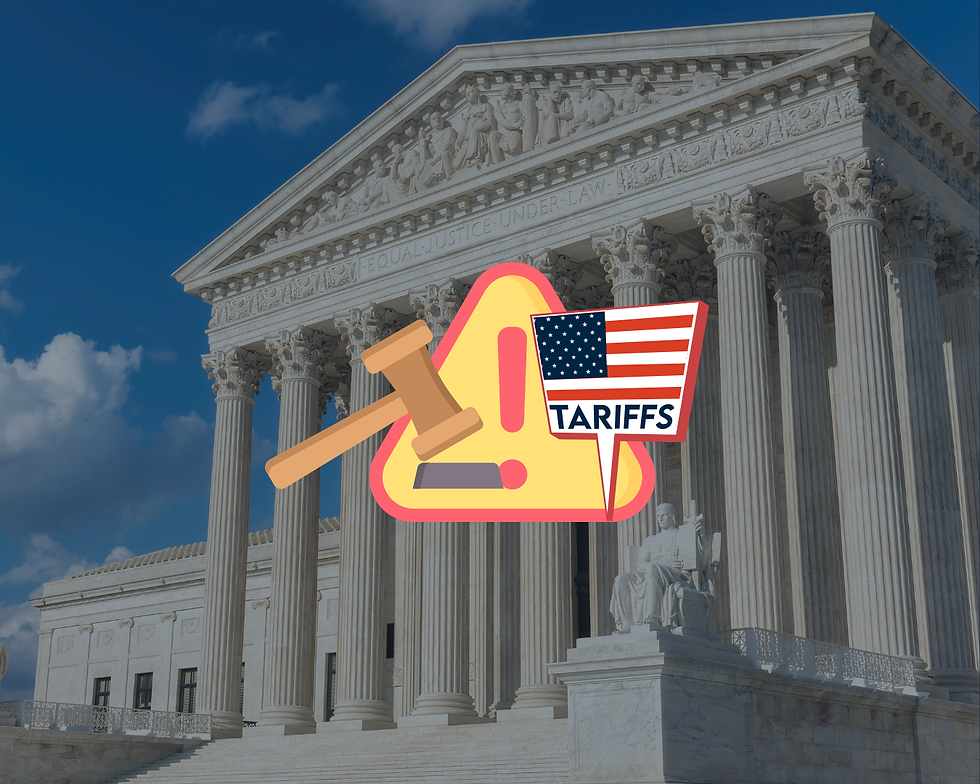Understanding the PACA Act: Protecting Fair Trade in Produce
- clarkespositolaw

- Jun 16, 2025
- 3 min read
Updated: Sep 26, 2025

If your business is facing a PACA violation or dispute, we can help. Our firm assists clients in responding to PACA complaints, preparing defenses, and navigating disciplinary actions. We can communicate with the U.S. Department of Agriculture (USDA) on your behalf and work to resolve the issues so your business can stay on track. In need of assistance? Click the button below to schedule an intake meeting with our office:
The Perishable Agricultural Commodities Act (PACA) is a vital piece of legislation that supports fair trading practices in the U.S. fruit and vegetable industry. Enacted in 1930 and administered by USDA, PACA was designed to promote fair business practices and to protect produce suppliers from unfair conduct, nonpayment, and losses related to bankruptcy.
PACA applies to transactions involving fresh and frozen fruits and vegetables within the U.S. and in foreign commerce. It requires dealers, brokers, and commission merchants to be licensed and follow specific standards, particularly those concerning prompt payment and proper record-keeping.
A violation of PACA can lead to serious consequences. These include suspension or revocation of a license, reparation orders, and in some cases, personal liability for corporate officers.
A prominent feature of the PACA framework is its dispute resolution mechanism. When a dispute arises, usually related to nonpayment or a breach of contract, PACA offers two formal avenues: reparation proceedings and disciplinary proceedings. Each process has a distinct role in enforcing the law and protecting those who work in the produce industry.
Reparation Proceedings
Reparation proceedings under PACA are civil actions brought by one party, often a seller or grower, against another, typically a buyer, seeking monetary damages for a breach of contract. The most frequent issues involve failure to pay promptly, disputes over the condition of the produce, or disagreements about delivery terms.
Any person or business that believes it has suffered financial harm due to a PACA violation may file a complaint. The complaint must be submitted within nine (9) months of when the cause of action arose. Generally, the process begins with an informal complaint to USDA. If the matter is not resolved at that stage, it can proceed to a formal hearing before a USDA administrative law judge.
If the judge rules in favor of the complainant, a reparation order will be issued that requires the respondent to pay the awarded amount. These orders are enforceable in federal court. If the respondent fails to pay, their PACA license may be suspended, and the violation may be made public.
Disciplinary Proceedings
Disciplinary proceedings are brought not by private parties but by USDA itself, specifically through its Agricultural Marketing Service (AMS). They often follow an investigation or result from multiple complaints.
The goal of disciplinary proceedings is to protect the industry by addressing serious or repeated violations of PACA. These may include failure to pay for produce, misrepresenting goods, or engaging in fraudulent conduct. Penalties can include license suspension or revocation, civil monetary fines, and public listing of the violator’s name. In cases involving egregious conduct, individuals such as corporate officers or controlling parties may also be held personally liable.
Unlike reparation proceedings, which are designed to resolve business disputes between private parties, disciplinary proceedings are regulatory in nature. They exist to preserve fair competition and to ensure that all parties in the produce trade follow the same rules.
If you’re involved in a PACA matter, our firm can represent your interests throughout the process. From filing or responding to claims to helping you prepare necessary documentation, we guide clients through the steps required to protect their business and resolve disputes. Let us help you navigate the challenges so you can stay focused on running your operation.
In need of assistance? Give our office a call today at (917) 546-6997 or schedule an intake meeting, we would be happy to speak with you.
Ready to Learn More About CBP, OFAC,
BIS, FWS, and FDA?
We have over one hundred videos in our educational library on our YouTube channel related to importing, exporting, U.S. Customs, BIS, OFAC, FWS, FDA, and so much more. SUBSCRIBE TO OUR CHANNEL now to stay up to date on the latest on these topics!
Curious "why should you have an attorney on your side?" CLICK HERE to watch one of our attorneys break down the critical benefits as to why you want to have one on your side—whether you hire us to help you or another law firm.
Our mission is to help you protect and empower your business. We listen carefully to clients to ensure our understanding of the legal issues at hand, their factual context, and any limitations that might impact a chosen strategy. Don't hesitate to call or schedule an intake meeting with us using the link above.
.png)



Comments